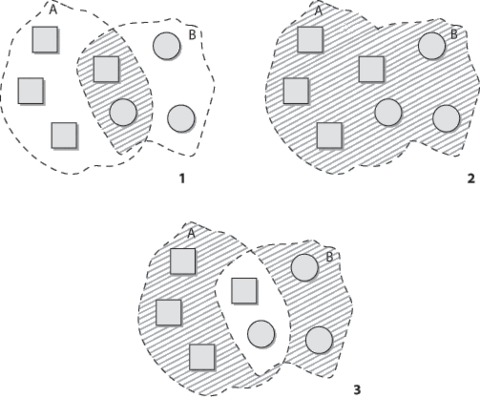
In the article from yesterday we talked about PostgreSQL HyperLogLog with some details. The real magic of that extension has been skimmed over though, and needs another very small article all by itself, in case you missed it.
*Which Set Operation do you want for counting unique values?* The first query here has the default level of magic in it, really. What happens is that each time we do an update of the HyperLogLog hash value, we update some data which are allowing us to compute its cardinality.

If you’ve been following along at home the newer statistics developments,
you might have heard about this new
State of The Art Cardinality Estimation Algorithm called
HyperLogLog. This
technique is now available for PostgreSQL in the extension
postgresql-hll
available at
https://github.com/aggregateknowledge/postgresql-hll and soon
to be in
debian.

While making progress with both Event Triggers and Extension Templates, I needed to make a little break. My current keeping sane mental exercise seems to mainly involve using Common Lisp, a programming language that ships with about all the building blocks you need.
*Yes, that old language brings so much on the table* When using Common Lisp, you have an awesome interactive development environment where you can redefine function and objects while testing them.

Some skytools related new today, it’s been a while. For those who where at my FOSDEM’s talk about Implementing High Availability you might have heard that I really like working with PGQ. A new version has been released a while ago, and the most recent verion is now 3.1.3, as announced in the Skytools 3.1.3 email.
*Upgrade time!* Skytools 3.1.3 enters debian First news is that Skytools 3.1.3 has been entering debian today (I hope that by the time you reach that URL, it’s been updated to show information according to the news here, but I might be early).

This year’s FOSDEM has been a great edition, in particular the FOSDEM PGDAY 2013 was a great way to begin a 3 days marathon of talking about PostgreSQL with people not only from our community but also from plenty other Open Source communities too: users!
*PostgreSQL at FOSDEM made for a great event* Having had the opportunity to meet more people from those other development communities, I really think we should go and reach for them in their own conferences.
